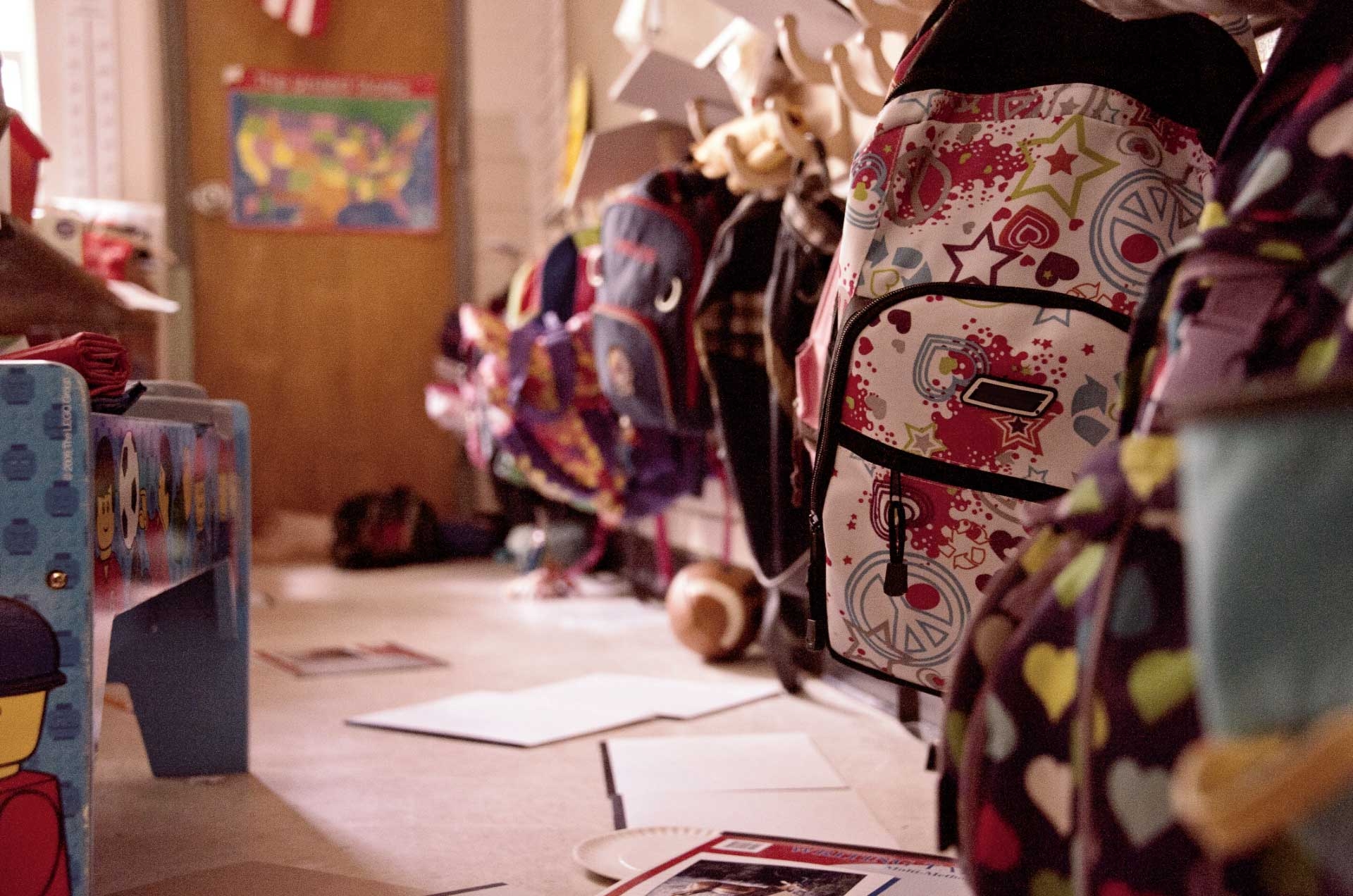Is poverty a root cause of child welfare system involvement? Researchers have long held this hypothesis, but rarely had an opportunity to test whether giving cash to poor families reduces their system involvement.
Will Schneider, an associate professor of social work at the University of Illinois and current William T. Grant Scholar, is among those leading this work. Through his Scholars project, Schneider has investigated whether equipping families with economic assistance, including housing and income supports, can help reduce or prevent child maltreatment.
His latest study, funded both by the William T. Grant Foundation and the Doris Duke Foundation, will be the nation’s largest guaranteed income pilot program for families involved in the child welfare system.
The Empower Parenting with Resources (EmPwR) study will test whether improving families’ material conditions through cash transfers can help prevent instances of child maltreatment by increasing their ability to provide safe and consistent care. Using a randomized controlled trial, half of the study’s participants will receive a monthly cash gift, to be spent without restrictions, over the course of one year. The remaining families will continue to receive services as usual, with no cash transfers. Schneider and his team, which includes Meg Feely and Ann Marie Garran of the University of Connecticut and Emily Bosk of Rutgers University, will then compare child welfare outcomes between the two groups.
“This kind of public-private partnership has real potential to help us learn things we wouldn’t otherwise know, particularly in fields like social work”
EmPwR is a joint project with Brightpoint, a statewide child and family service organization based in Chicago, Illinois, and the Illinois Department of Children and Family Services (DCFS).
“This kind of public-private partnership has real potential to help us learn things we wouldn’t otherwise know, particularly in fields like social work,” says Schneider. “I’ve never been a practicing clinician. I’ve always been a researcher. I’ve got lots of theories and ideas; I know the literature. But then we get on the ground with Brightpoint and learn a whole new set of things that we would never have known otherwise.”
Eight hundred families—approximately 43 percent White, 35 percent Black, and 9 percent Latinx—will take part in the pilot program. Participants have been referred by DCFS to receive Brightpoint’s Intact Family Services for incidents of child maltreatment.
“This study will be the first to test whether improving the material conditions of families reduces their system involvement”
Most child maltreatment cases—approximately 74 percent—involve neglect, which is influenced by the resources available to a family, according to Schneider. Perhaps a parent cannot afford to provide their child with a winter coat, or immediate medical care or stable housing. In these cases, traditional child welfare services, like parenting education or mental health treatment, are unlikely to be effective because they do not target poverty as a root cause of neglect.
“Traditionally, we treat [neglect] as a parenting decision, but often it’s really not a parenting decision. Maybe there’s no decision to be made at all. It’s just that all the options are bad options, and a little bit of cash may help prevent that situation,” Schneider says. He anticipates that in addition to helping families meet their children’s basic needs, cash transfers might also reduce caregivers’ stress.
Poverty is also unequally distributed across racial lines, creating disproportionality in the number of Black and Brown children involved in the child welfare system. 53 percent of Black children will be subject to a CPS investigation by the time they turn 18, compared to 28 percent of White children and 37 percent of all children. “We can’t divorce the structural factors that influence poverty from [racism]. These things are inherently linked in many ways, and we can’t try to address one without the other,” says Schneider.
“We have to recognize that much of the disproportionality in the system is a reflection of racial bias and disproportionality in society”
To that end, the study will also use an antiracist framework to develop a training manual for caseworkers to be used in tandem with the cash transfers. The manual, which will be developed using feedback from system-involved families, will train caseworkers in the causal link between poverty and maltreatment and structural racism. The goal is to reduce the racial and power dynamics between families and caseworkers so that participants feel empowered to choose how to spend their money without judgement or stigma.
“We have to recognize that much of the disproportionality in the system is a reflection of racial bias and disproportionality in society. We can’t ask caseworkers to fix that society-wide problem, but we can ask them to better understand how it influences their work and the lives of their clients,” says Schneider.
“Reducing the footprint of the child welfare system is a goal of economically-minded officials as well as equity-minded advocacy groups,” commented Adam Gamoran, president of the William T. Grant Foundation. “This study will be the first to test whether improving the material conditions of families reduces their system involvement, which has the potential not only to improve the lives of families and children, but to reduce costs in the long run.”
“This is an exciting research opportunity with direct policy implications,” noted Kim DuMont, senior vice president of the William T. Grant Foundation. “Importantly, the study engages with two factors that drive families and children towards the child welfare system—poverty and racism. I am eager to learn whether making cash transfers while deepening understanding of families and the way a system may be causing harm can reduce re-entry into the child welfare system.”






